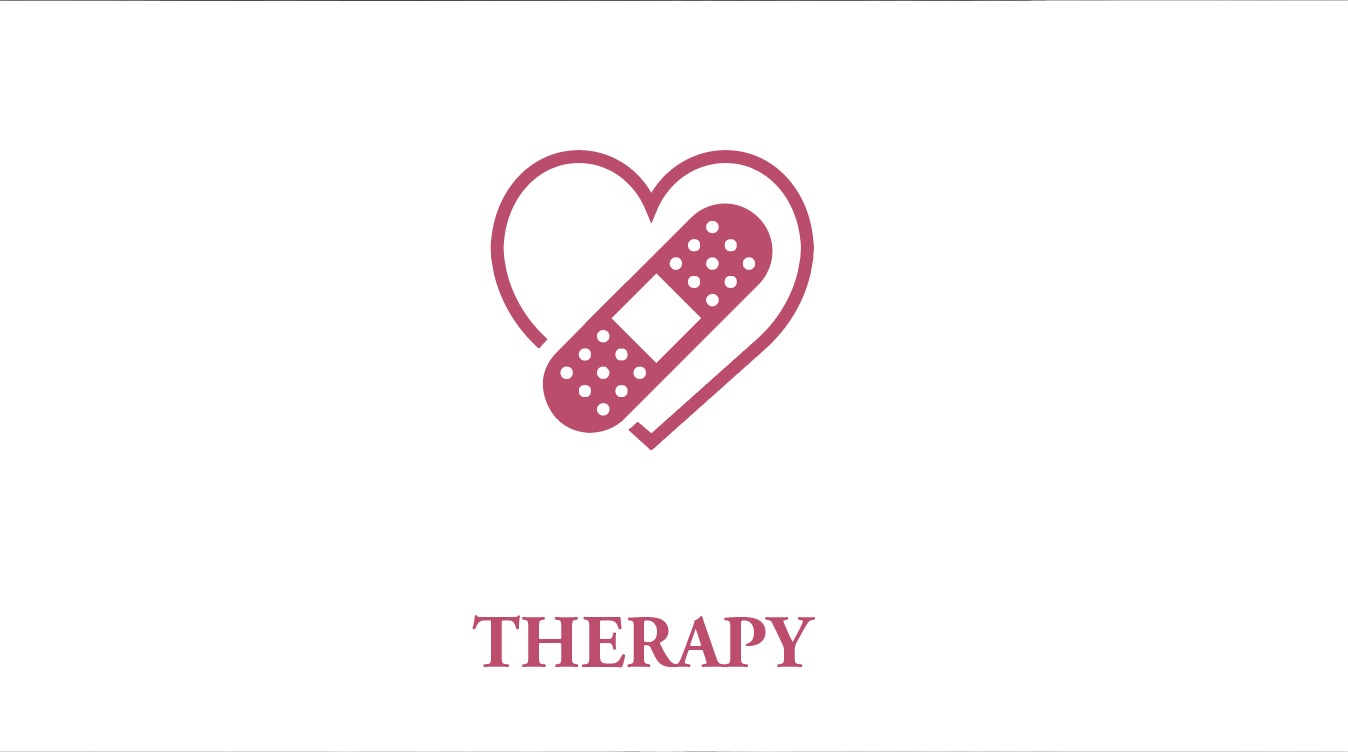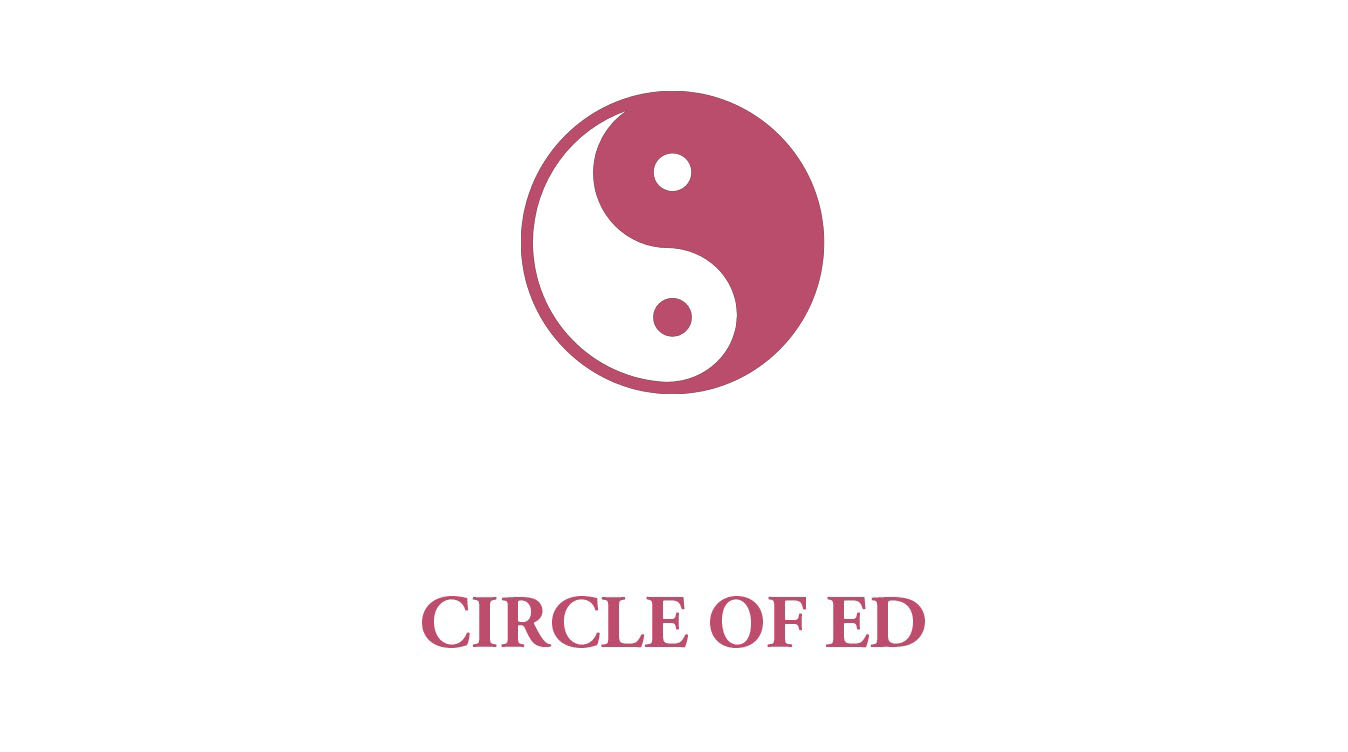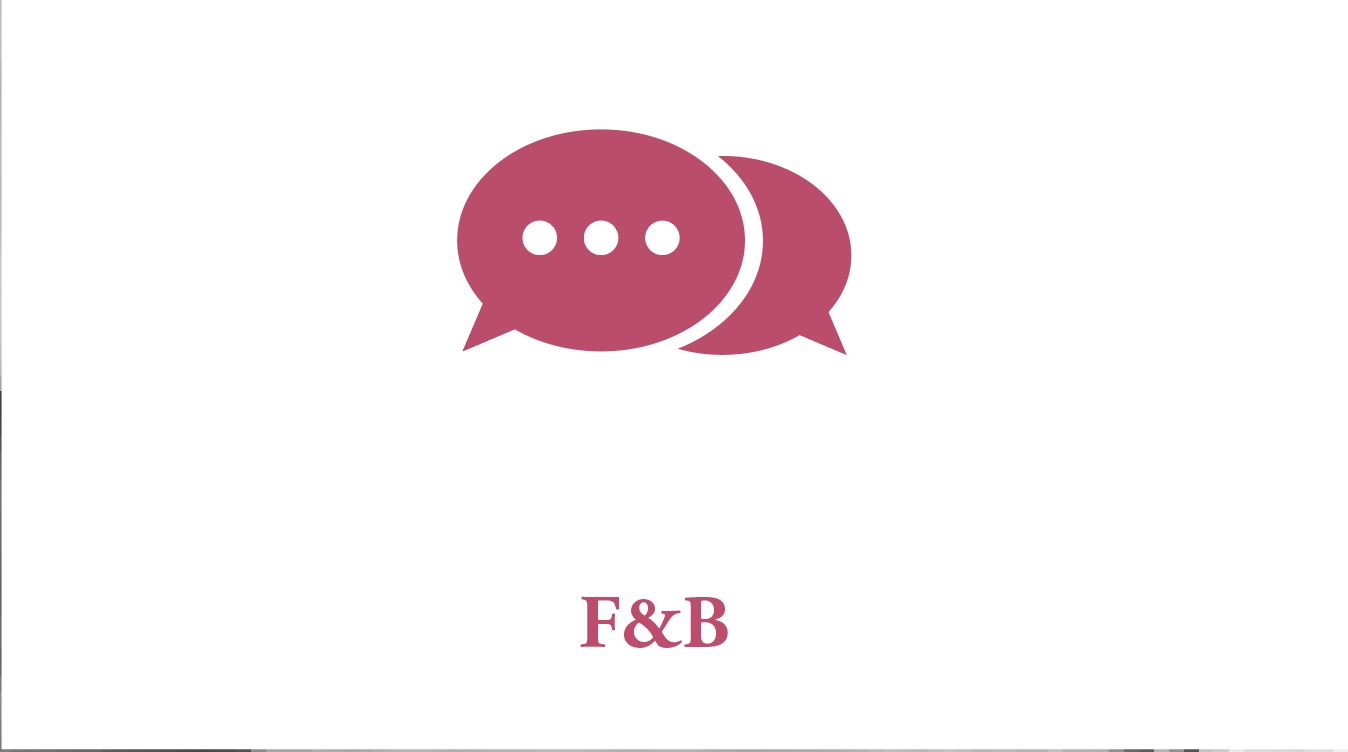THERAPY
Depth Psychotherapy:
Explores the complex layers trapped in our unconscious (our psyche) contributing to the challenging experiences manifesting in our daily lives.
Psychodynamic therapy benefits personal development of self through exploration of symptoms, behaviours, trauma, meaningful coincidences, as well as interpersonal relationships.
This process of healing allows what has been repressed, rejected, denied, or ignored to come forward so we may fully understand its significance, and integrate it into our lives allowing for transformation of self into consciousness.
It supports individuals in overcoming psychological suffering by nurturing, then embracing, and accepting one’s true self.
Dialectical behavioural therapy (DBT)
Is an effective combination of cognitive and behavioural therapies. The goal of DBT is to transform negative thinking patterns and destructive behaviours into positive outcomes.
The effectiveness of DBT has been shown to help people diagnosed with an eating disorder regulate their emotions, build self-management skills, reduce anxiety and stress, and control destructive eating behaviours.
Skills learnt in DBT help the individuals redefine their identity and lead a more healthful life including:
Mindfulness
Distress Tolerance:
Interpersonal Effectiveness
Emotional Regulation
DBT is essential in eating disorder recovery combined with CBT, as these therapies provide whole-bodied treatment for the mind, body, and soul and ultimately help establish mindfulness and self-compassion.
Cognitive Behavioural Therapy (CBT):
Is a form of psychotherapy based on how thoughts and feelings impact behaviours.CBT integrates behavioural theories and cognitive theories that target cognitive distortions, or irrational patterns of thought that can negatively affect behaviour. Common cognitive distortions include all-or-nothing thinking (black-and-white terms and ignoring nuance), catastrophizing (always assuming the worst) and personalization (believing that the individual is responsible for everything that happens around them, whether good or bad).
CBT aims to help patients identify, challenge, and change maladaptive thought patterns in order to change responses to difficult situations to improve quality of life.
Acceptance and Commitment Therapy (ACT):
An action-oriented approach to psychotherapy that stems from traditional behaviour therapy and cognitive behavioural therapy.
ACT aims to develop and expand psychological flexibility. Psychological flexibility encompasses emotional openness and ability to adapt your thoughts and behaviours to better align with your values and goals.The six core processes that promote psychological flexibility are
- Acceptance
- Cognitive Defusion
- Being Present
- Self as Context
- Values
- Committed Action
Couples, Marriage & Family Therapy
A branch of psychotherapy that works with families and couples in intimate relationships to nurture change and development.
It is a form of treatment that is designed to address specific issues affecting the health and functioning of a family and/or relationship. It can be used to help families through a difficult period, a major transition, or mental or behavioural health issues in family members (“Family Therapy”, 2014).
Family therapy employs techniques and exercises from cognitive therapy, behaviour therapy, interpersonal therapy, or other types of individual therapy. Like with other types of treatment, the techniques employed will depend on the specific problems the client or clients present with.
Nutrition Psychology:
Explores the impact of cognitive choices, such as meal decisions, influence nutrition, psychological health, and overall health.
The mind-body science of nutrition psychology addresses the impact of diet on mood and behaviour in the diagnosis and treatment of mental health disorders, including misdiagnosis of non-psychiatric conditions
Art Therapy:
Enriches self through an active creative process, applied psychological theory, and human experience within a psychotherapeutic relationship.
Individuals experiencing difficulty tapping into repressed trauma, find art therapy a safe process in sharing painful experiences. It enables exploration of deep-rooted feelings and suffering through the voice of media until confidence is gained to explore interpersonal conflict through talk therapy.
This discipline of art and psychology engages the mind, body, and spirit in ways that are distinct from verbal articulation alone.
Trauma-Informed Therapy:
Trauma-informed therapy is a broader framework that recognises the pervasive nature and impact of trauma, emphasis on safety and empowerment.
Types of Trauma Therapy:
- Cognitive Behavioral Therapy (CBT):
This therapy helps individuals identify and change negative thought patterns and behaviours related to trauma.
- Trauma-Focused CBT (TF-CBT):
A specific type of CBT designed to address the needs of young people affected by early trauma.
- Prolonged Exposure Therapy:
A type of CBT that involves gradually exposing individuals to trauma-related memories, feelings, and situations in a safe and controlled environment.
- Psychodynamic Therapy:
This therapy explores the unconscious thoughts and feelings related to trauma to help individuals gain insight and understanding.
- Dialectical Behavior Therapy (DBT):
This therapy teaches skills to help individuals manage intense emotions, improve relationships, and cope with trauma-related challenges.
THERAPY
Individual, Couples & Family Concierge Therapy (Children, Adolescents & Adults)
Face-to-face (60-120 minutes)

In-Home / In-Office / Online Services
Online / Phone (60-120 minutes)

Skype / Phone / Email Consultations
Monitoring / Accountability / Support

Sms, instant messaging, e-mail, whatsapp, etc.






